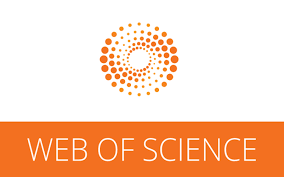SUSTAINABLE BUSINESS STRATEGIES POST COVID 19
Abstract
The COVID-19 pandemic catalyzed a fundamental shift in global business strategies, exposing the limitations of conventional models focused solely on efficiency and profitability. In the face of unprecedented disruptions, organizations began integrating sustainability as a core component of strategic planning, recognizing its role in enhancing resilience, operational flexibility, and stakeholder value. This paper explores the evolution of sustainable business strategies in the post-pandemic era through a mixed-method approach, combining quantitative data from global business reports with qualitative insights from case studies and academic literature. The study reveals that companies adopting sustainability-focused practices—such as localized supply chains, digital infrastructure, ESG compliance, and employee well-being programs—demonstrated stronger adaptability and long-term performance. The findings highlight the growing interdependence between economic viability and environmental-social responsibility, underscoring sustainability as both a risk mitigation tool and a driver of innovation and competitive advantage. This paper contributes to the broader discourse on sustainable development by offering actionable insights for businesses, policymakers, and researchers navigating a post-COVID economic landscape.














